Finance
Finance books explain personal finance, investing, budgeting, and economic principles for individuals and businesses.

The Wealth of Nations: Books I-III
by Adam Smith
Series: The Wealth of Nations (#1)
In Books I–III of The Wealth of Nations, Adam Smith lays the foundation of classical economics by exploring the nature of labor, productivity, and market systems. He introduces the concept of the "invisible hand" and argues that individual self-interest can promote the public good through free-market mechanisms. Book I focuses on the division of labor and value, Book II on capital and stock, and Book III on the historical evolution of economic systems. Smith’s analysis of productivity, competition, and the role of self-regulation revolutionized economic thought and established key principles that underpin modern capitalism and economic theory.
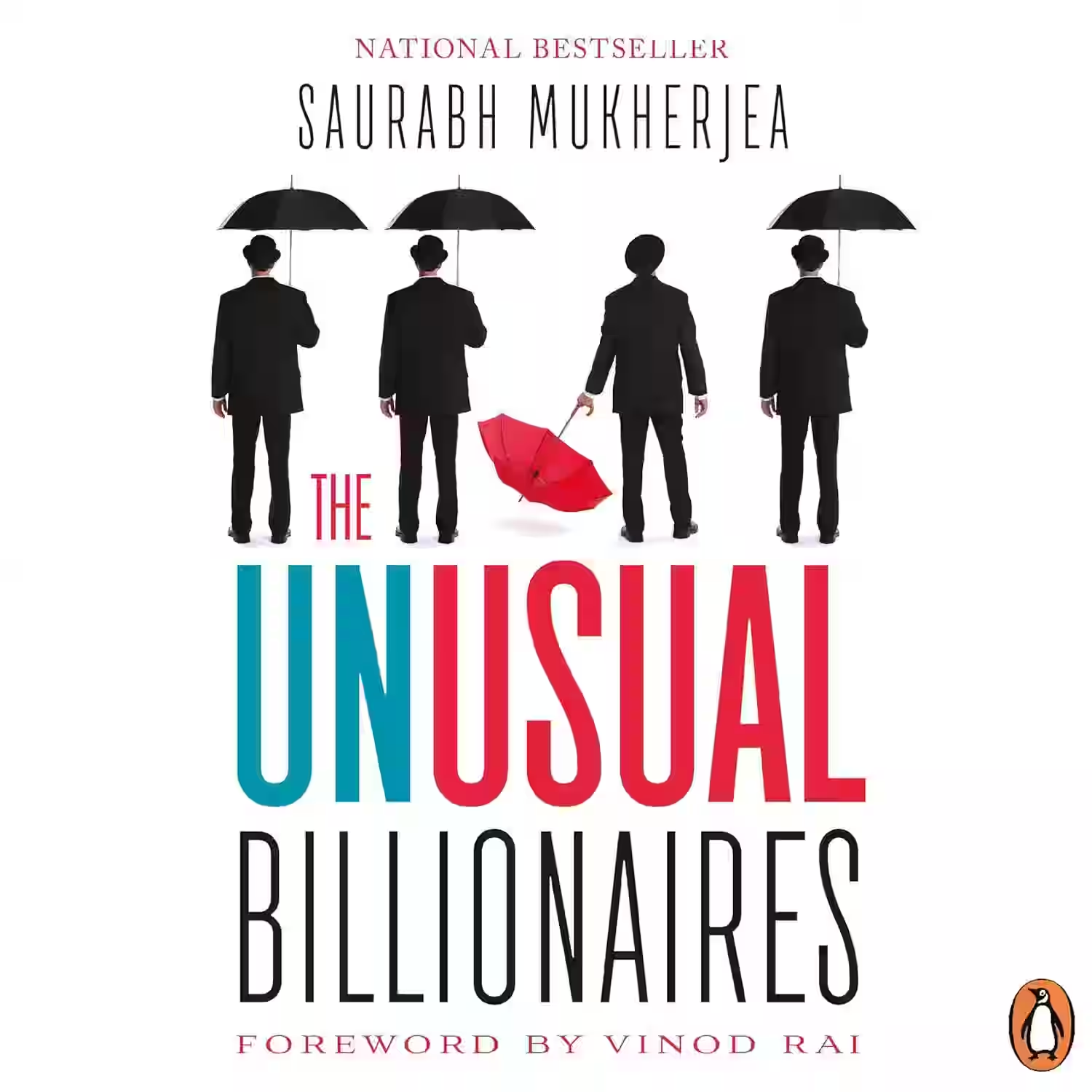
The Unusual Billionaires
In 'The Unusual Billionaires' by Saurabh Mukherjea, readers are taken on a captivating journey into the world of investing through the lens of successful Indian companies. Mukherjea delves deep into the strategies, philosophies, and management styles of these unique billionaires, offering invaluable insights on what sets them apart from the rest. Through meticulous research and analysis, the book uncovers the common traits and practices that have contributed to their extraordinary success, making it a compelling read for both seasoned investors and newcomers to the world of finance. Mukherjea's storytelling and expertise make this book a must-read for anyone looking to understand the secrets behind India's most exceptional business leaders.
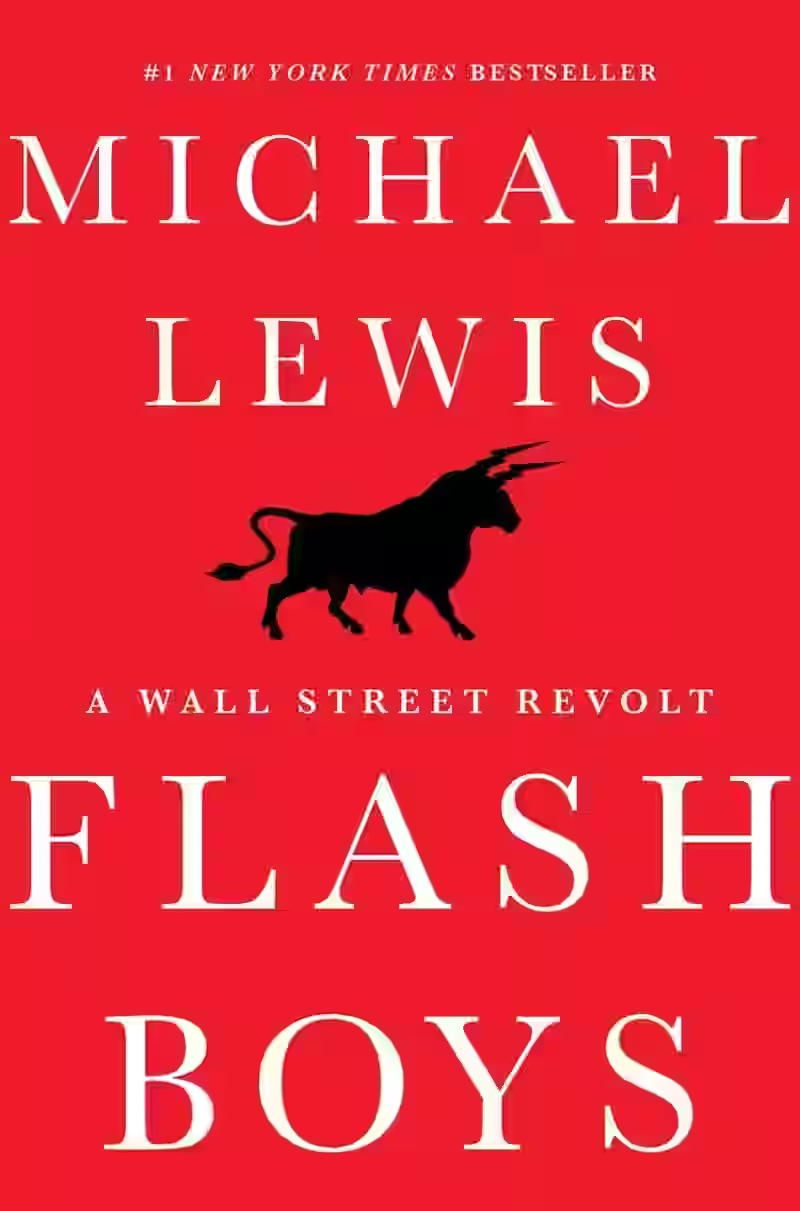
Flash Boys: A Wall Street Revolt
In 'Flash Boys: A Wall Street Revolt' by Michael Lewis, readers are taken on a gripping journey into the world of high-frequency trading and its impact on the financial markets. Lewis delves deep into the story of a group of Wall Street outsiders who uncover the unfair advantages held by high-frequency traders and set out to reform the system. The book explores themes of greed, manipulation, and the quest for justice in a complex financial landscape. With compelling storytelling and sharp analysis, Lewis sheds light on the dark corners of Wall Street, leaving readers questioning the ethics and practices of modern finance.
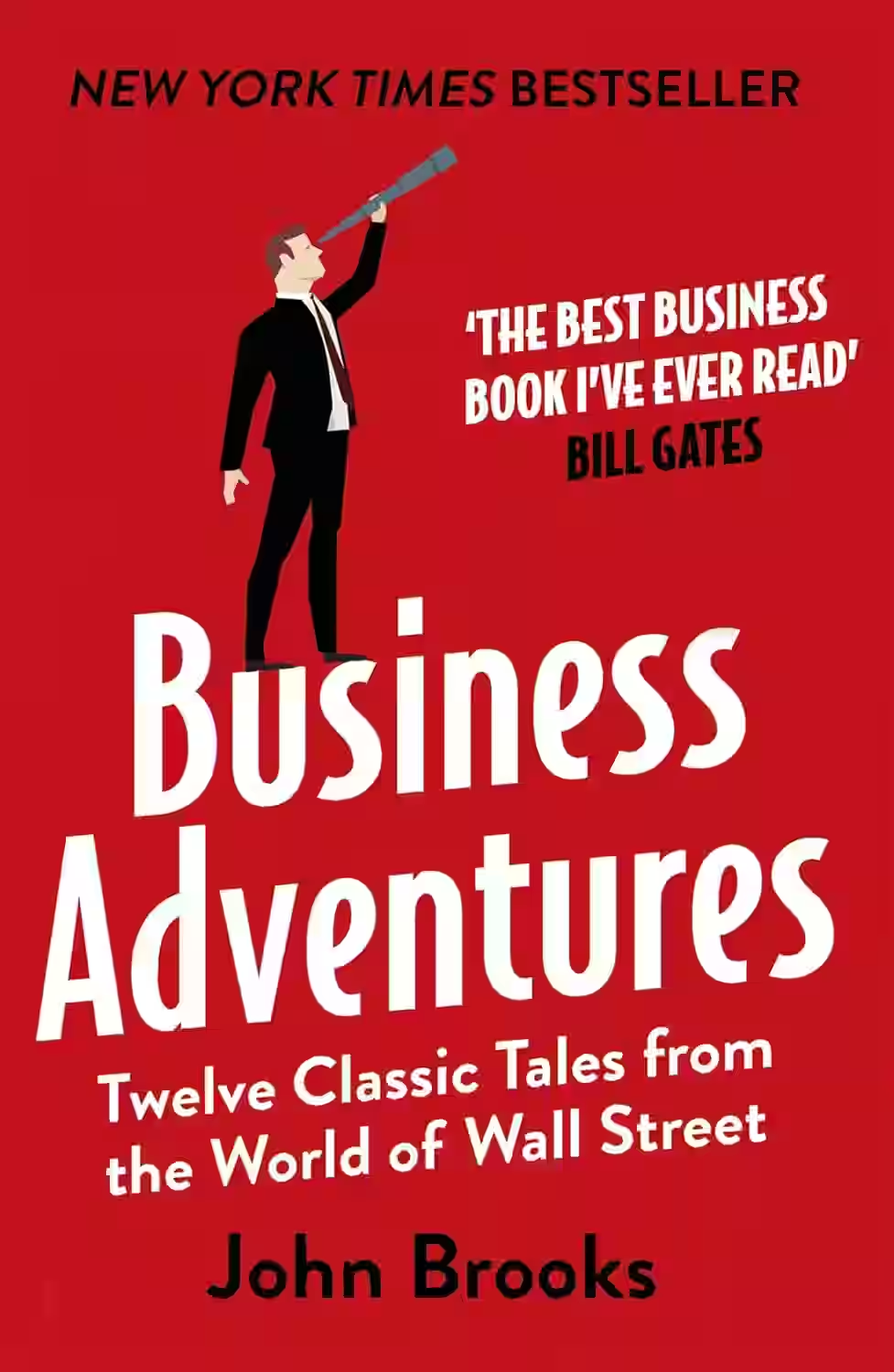
Business Adventures
by John Brooks
In 'Business Adventures,' John Brooks delves into the intriguing world of business through a collection of twelve riveting tales that explore the highs and lows of corporate America. Through detailed narratives of various business events, Brooks sheds light on timeless lessons that remain relevant in today's business landscape. From the rise and fall of giants like Ford and Xerox to the financial intricacies of the stock market crash in 1962, this book offers valuable insights into the essence of entrepreneurship, management, and decision-making. Brooks' storytelling prowess and keen observations make 'Business Adventures' a classic that continues to captivate and educate readers.
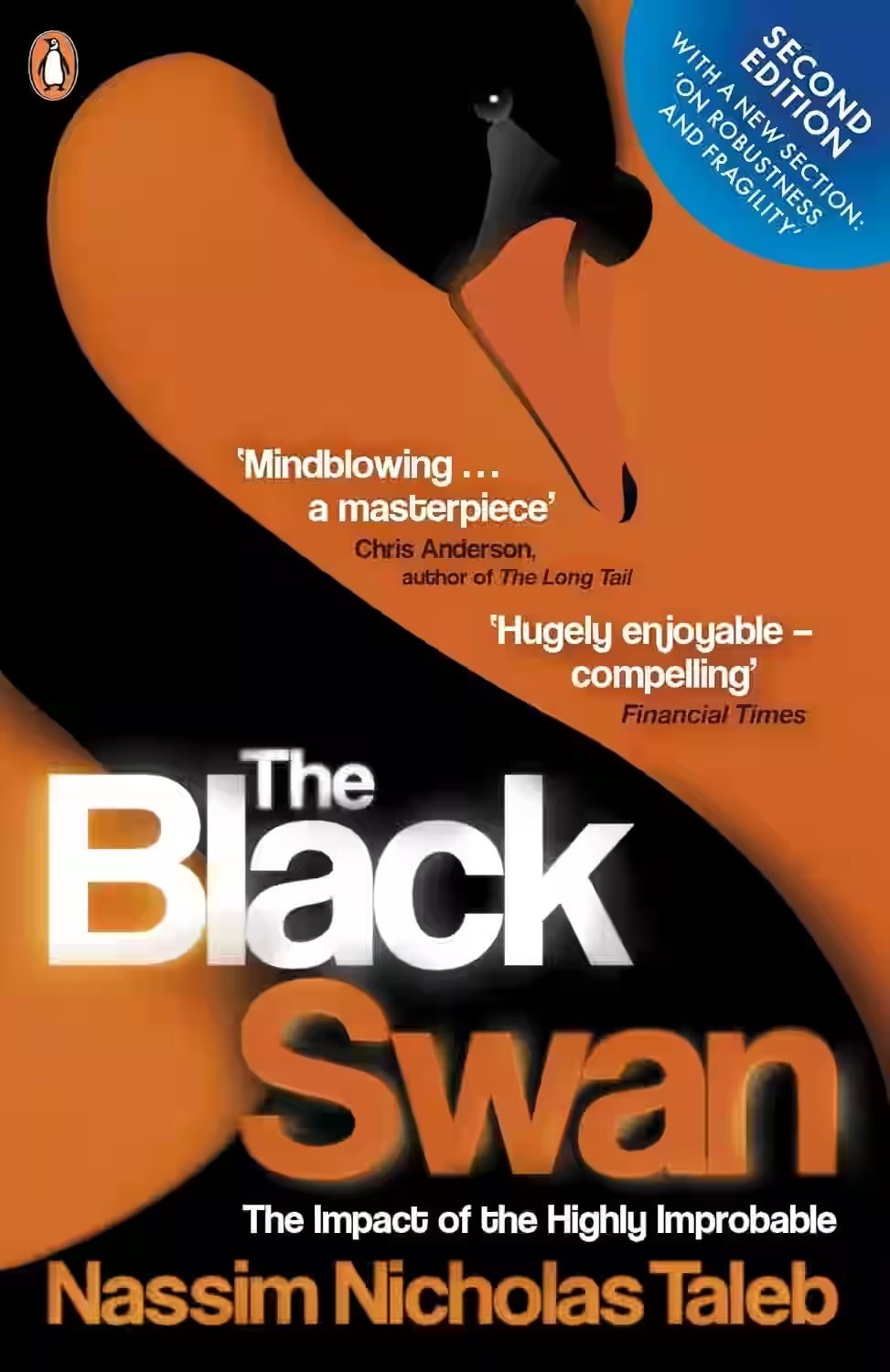
The Black Swan
Series: Incerto (#2)
The Black Swan explores the profound impact of rare, unpredictable events—what Taleb calls “Black Swans”—that lie outside normal expectations but have massive consequences. The book challenges traditional forecasting and risk models, arguing that humans consistently underestimate uncertainty. Taleb illustrates how randomness and surprise shape history, from financial markets to scientific breakthroughs, and advocates for antifragility—systems that benefit from disorder. Combining philosophy, probability theory, and anecdotal insight, The Black Swan is a provocative critique of modern thinking and a call to embrace humility in the face of complexity. It’s a transformative read for anyone making decisions in uncertain environments.
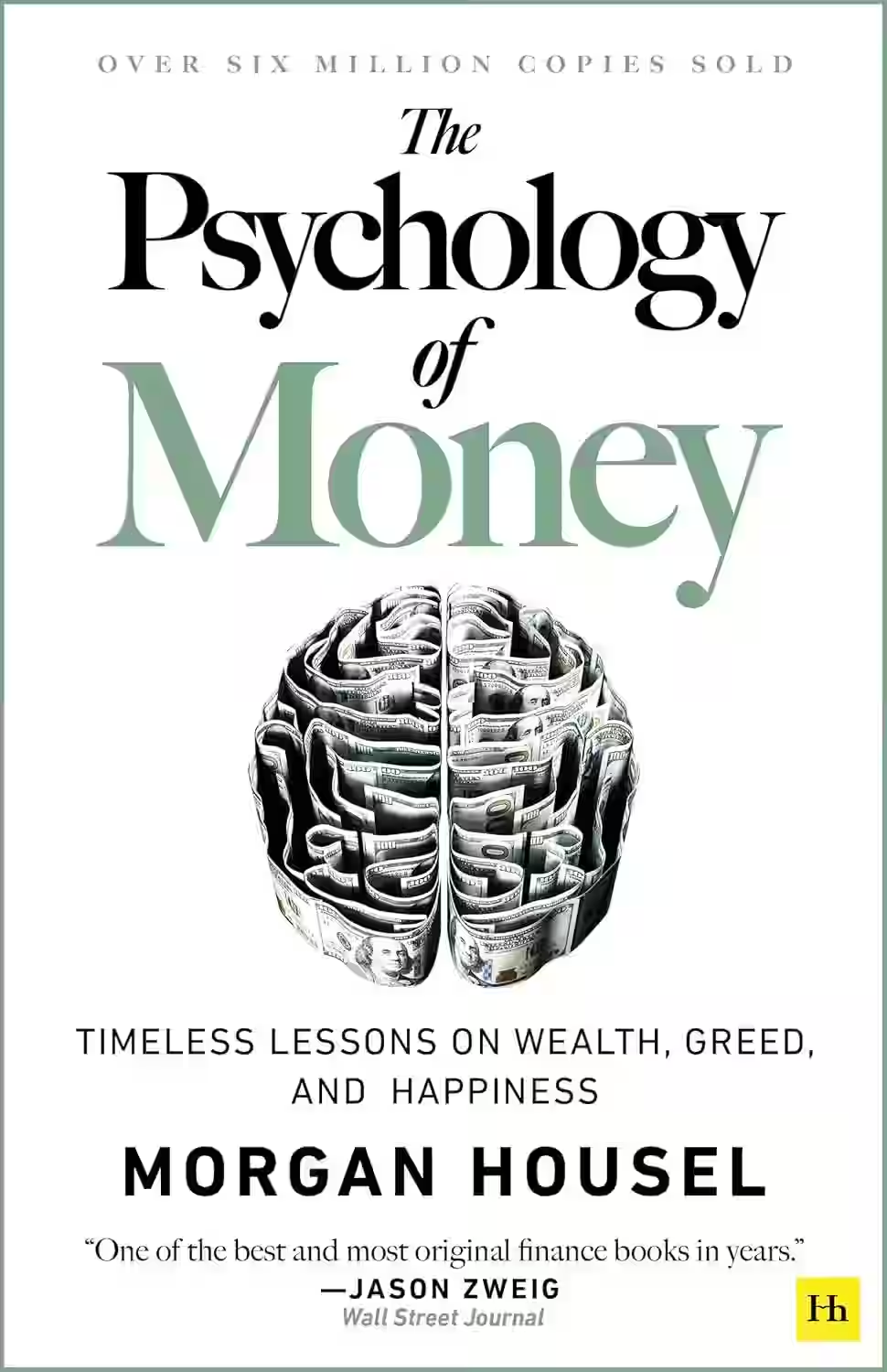
The Psychology of Money
In The Psychology of Money, Morgan Housel explores how people think about money, wealth, and investing. Rather than focusing on formulas or market trends, Housel emphasizes behavior—how emotions, biases, and experiences shape financial decisions. Using engaging anecdotes and accessible insights, the book encourages long-term thinking, humility, and the importance of saving over flashy returns. It’s a practical and philosophical guide that highlights why mastering your mindset is more valuable than mastering the markets.

The Wealth of Nations: Books IV-V
by Adam Smith
Series: The Wealth of Nations (#2)
Books IV–V of The Wealth of Nations critique existing economic policies and propose a framework for limited but essential government intervention. In Book IV, Smith dissects the mercantile system, rejecting trade restrictions and monopolies while advocating for free trade. He critiques colonialism and tariffs, favoring open markets. Book V addresses the role of the state in education, justice, defense, and infrastructure—functions Smith sees as necessary for a stable, prosperous society. These volumes balance his case for laissez-faire economics with the need for public investment, rounding out his vision of a functional, ethical, and productive political economy.
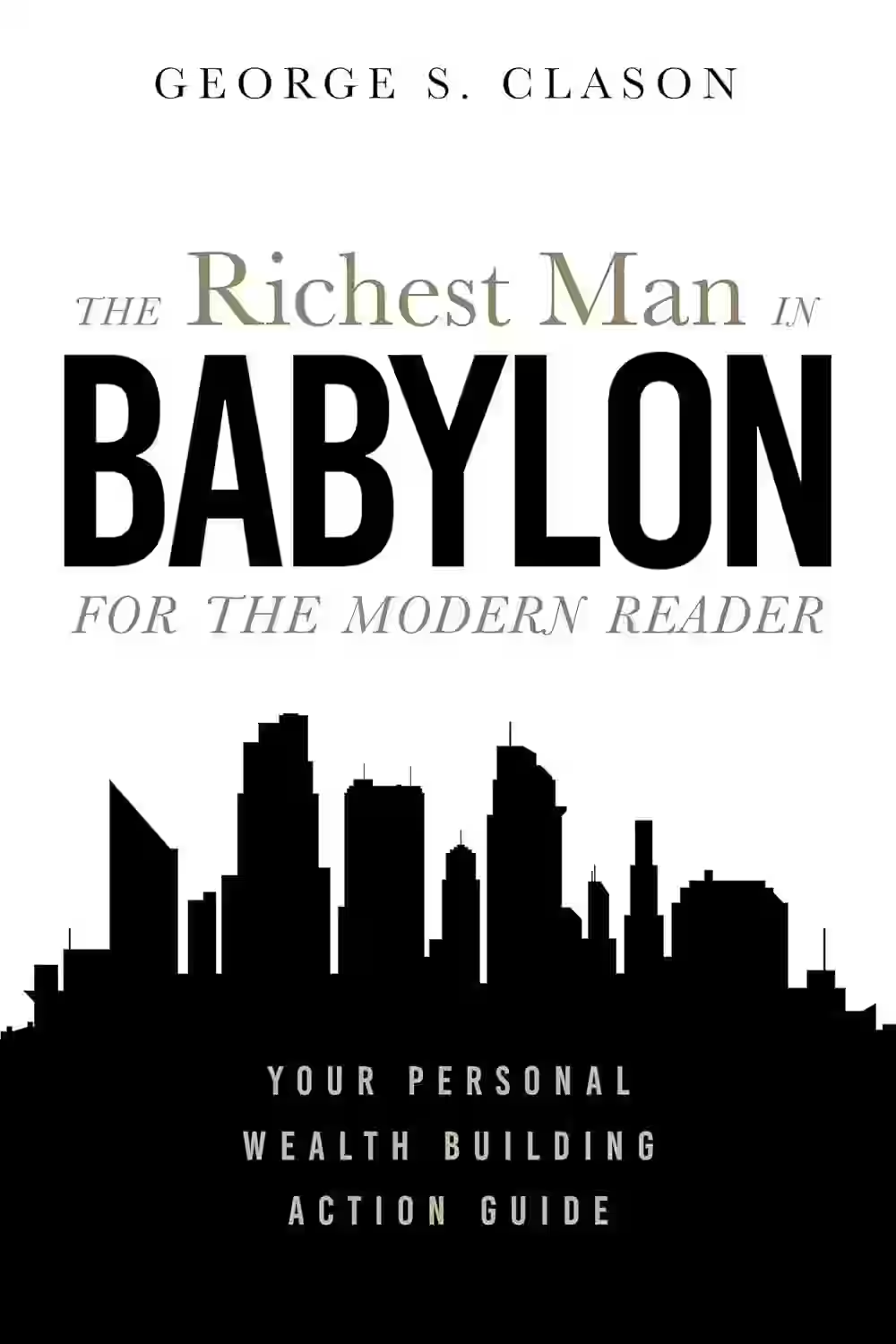
The Richest Man in Babylon
In 'The Richest Man in Babylon' by George S. Clason, readers are transported to ancient Babylon, where they learn timeless lessons on personal finance and wealth building. Through a series of parables and stories, the book imparts essential financial principles such as saving a portion of income, investing wisely, and avoiding debt. The narrative follows the journey of Arkad, the titular richest man, as he shares his wisdom with fellow Babylonians seeking to improve their financial situations. Clason's straightforward yet compelling storytelling makes complex financial concepts accessible to readers of all backgrounds, leaving a lasting impact on their approach to money management.
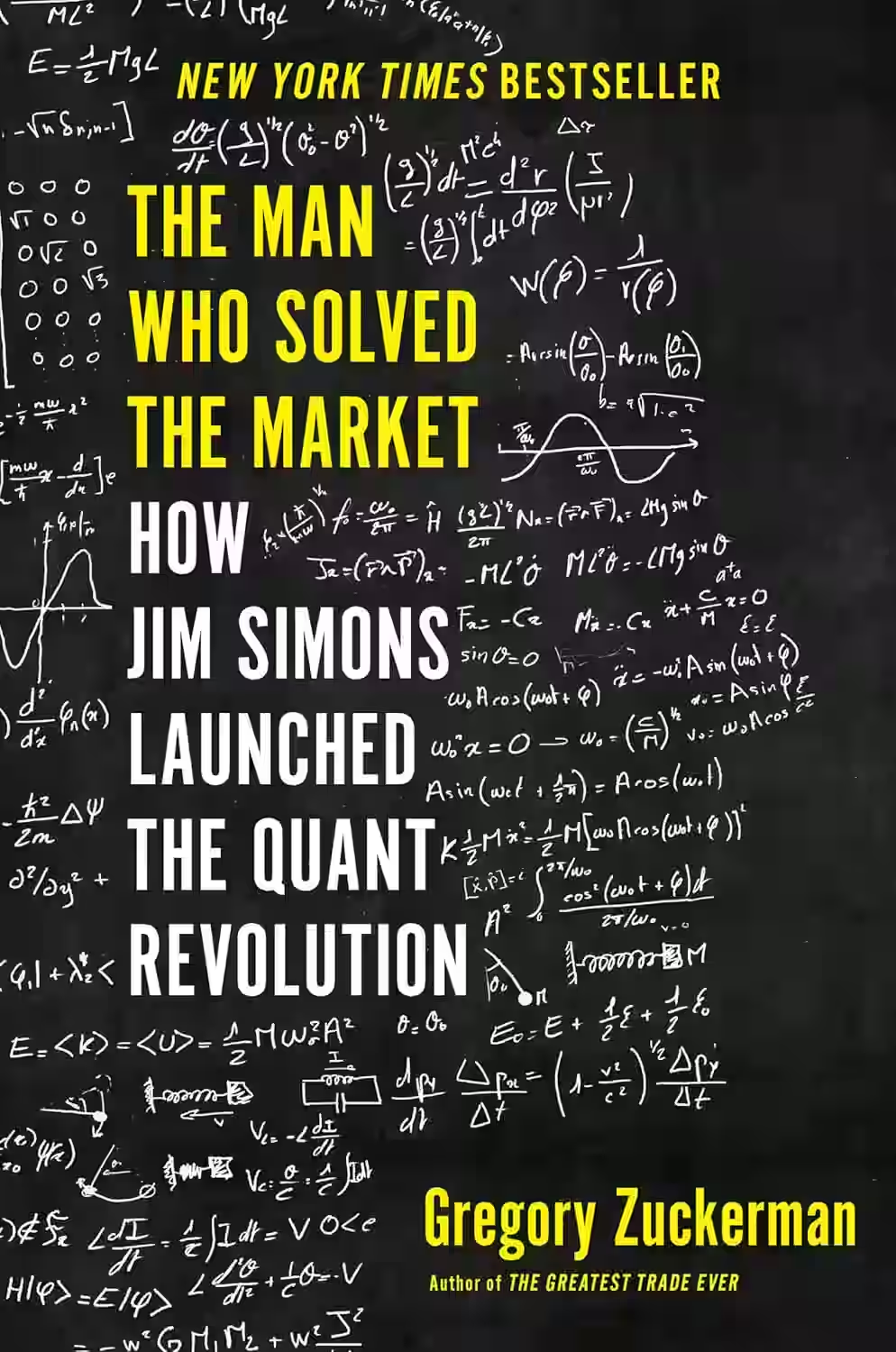
The Man Who Solved the Market: How Jim Simons Launched the Quant Revolution
In 'The Man Who Solved the Market', Gregory Zuckerman delves into the fascinating world of finance and mathematics through the lens of legendary investor Jim Simons. The book offers readers a detailed exploration of how Simons revolutionized investing through quantitative strategies at his firm, Renaissance Technologies. Zuckerman delves into Simons' life story, the challenges he faced, and the groundbreaking techniques he employed to outsmart Wall Street. Through meticulous research and compelling storytelling, Zuckerman provides keen insights into the complexities of financial markets and the brilliance of Simons' approach. This book is a must-read for anyone intrigued by the intersection of math and money.
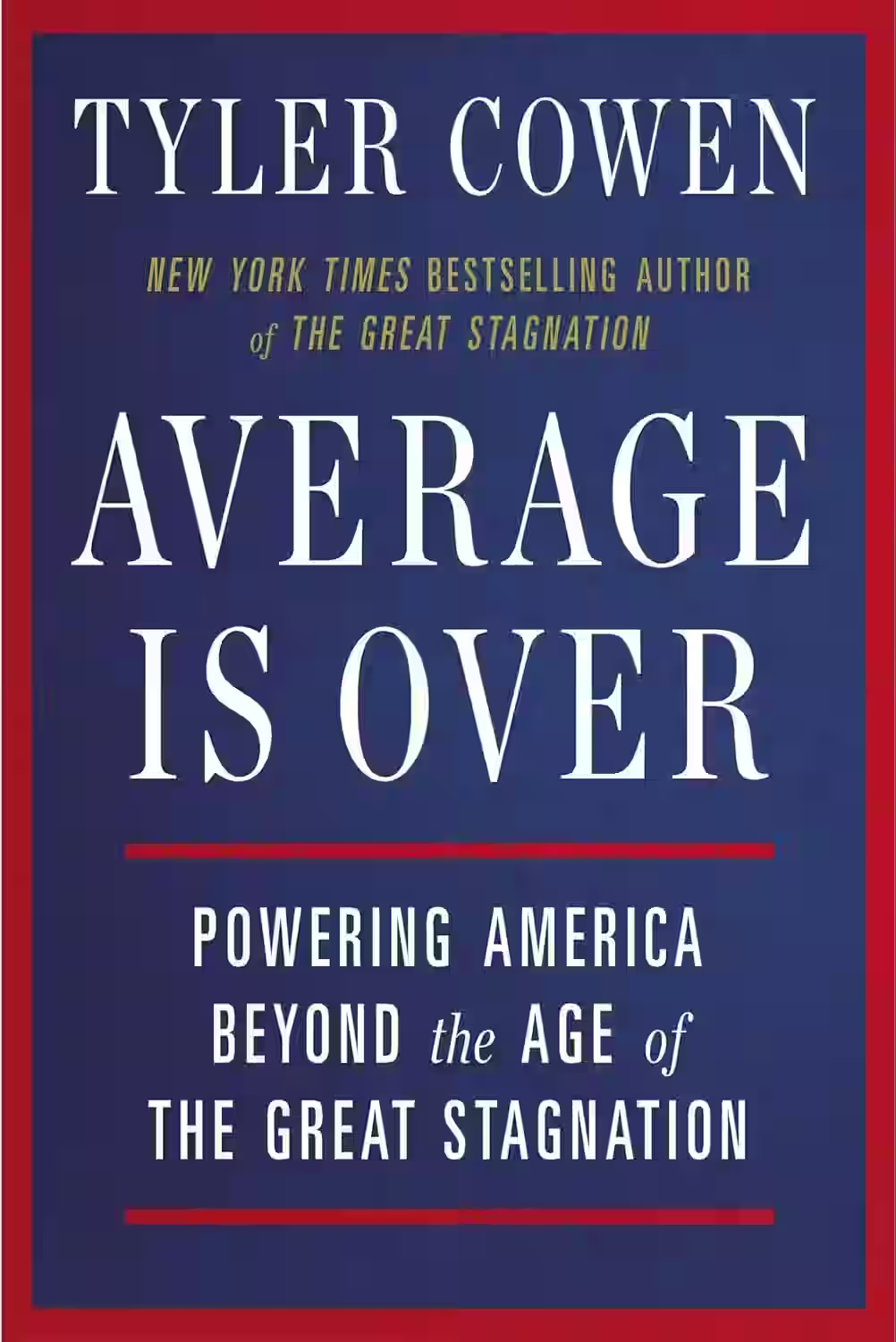
Average Is Over
by Tyler Cowen
In Average Is Over, economist Tyler Cowen explores the future of work and society in an age of technological disruption and widening inequality. He argues that automation and artificial intelligence will create a divide between those who can work with technology and those who cannot. The book predicts a future of high performance rewarded greatly, while the "average" worker may struggle. Cowen’s provocative analysis addresses education, economics, and social mobility, offering both warnings and strategies for adapting to a changing landscape. It’s an essential read for understanding the forces reshaping labor, wealth, and opportunity in the 21st century.

Letters from a Self-Made Merchant to His Son
First published in 1901, this epistolary book presents fictional letters from a successful Chicago pork packer to his college-aged son. Blending wit, business acumen, and life wisdom, the father offers advice on work ethic, integrity, personal character, and money management. Written in a candid and humorous tone, the book delivers old-fashioned common sense that remains surprisingly relevant. It's a manual not just for business, but for becoming a responsible and grounded adult. The blend of fatherly guidance and entrepreneurial insight has made it a classic on both parenting and leadership.
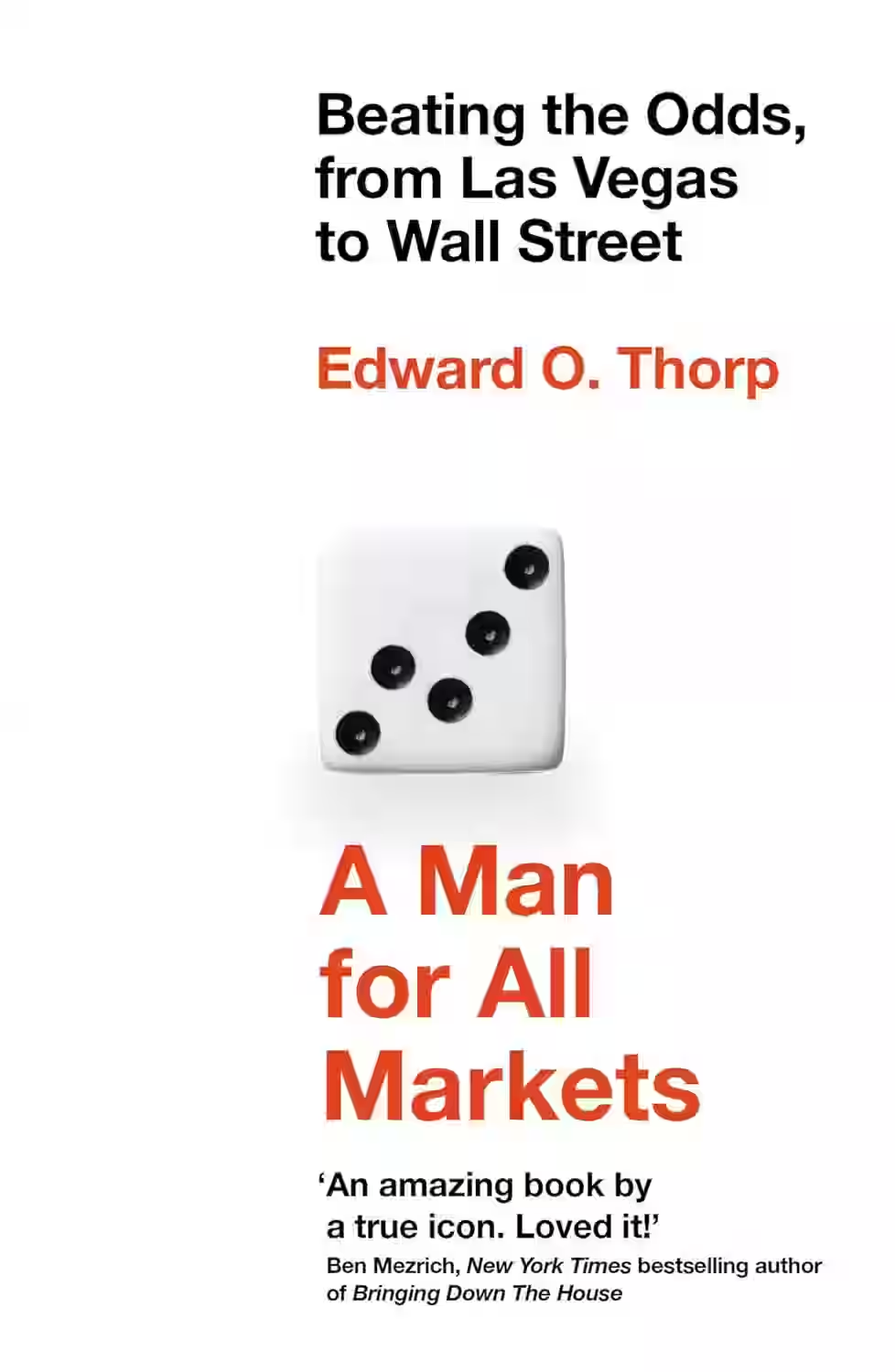
A Man for All Markets: From Las Vegas to Wall Street, How I Beat the Dealer and the Market
In 'A Man for All Markets', Edward O. Thorp takes readers on a captivating journey through his life as a successful mathematician and investor. Thorp shares his remarkable story of beating the odds in both Las Vegas casinos and Wall Street through his innovative strategies and analytical prowess. From his groundbreaking work in card counting to his pioneering approach to investment management, Thorp offers valuable insights into risk management and decision-making. This book seamlessly blends personal anecdotes with practical advice, making it a must-read for anyone interested in finance, mathematics, or simply an incredible true story of triumph over adversity.
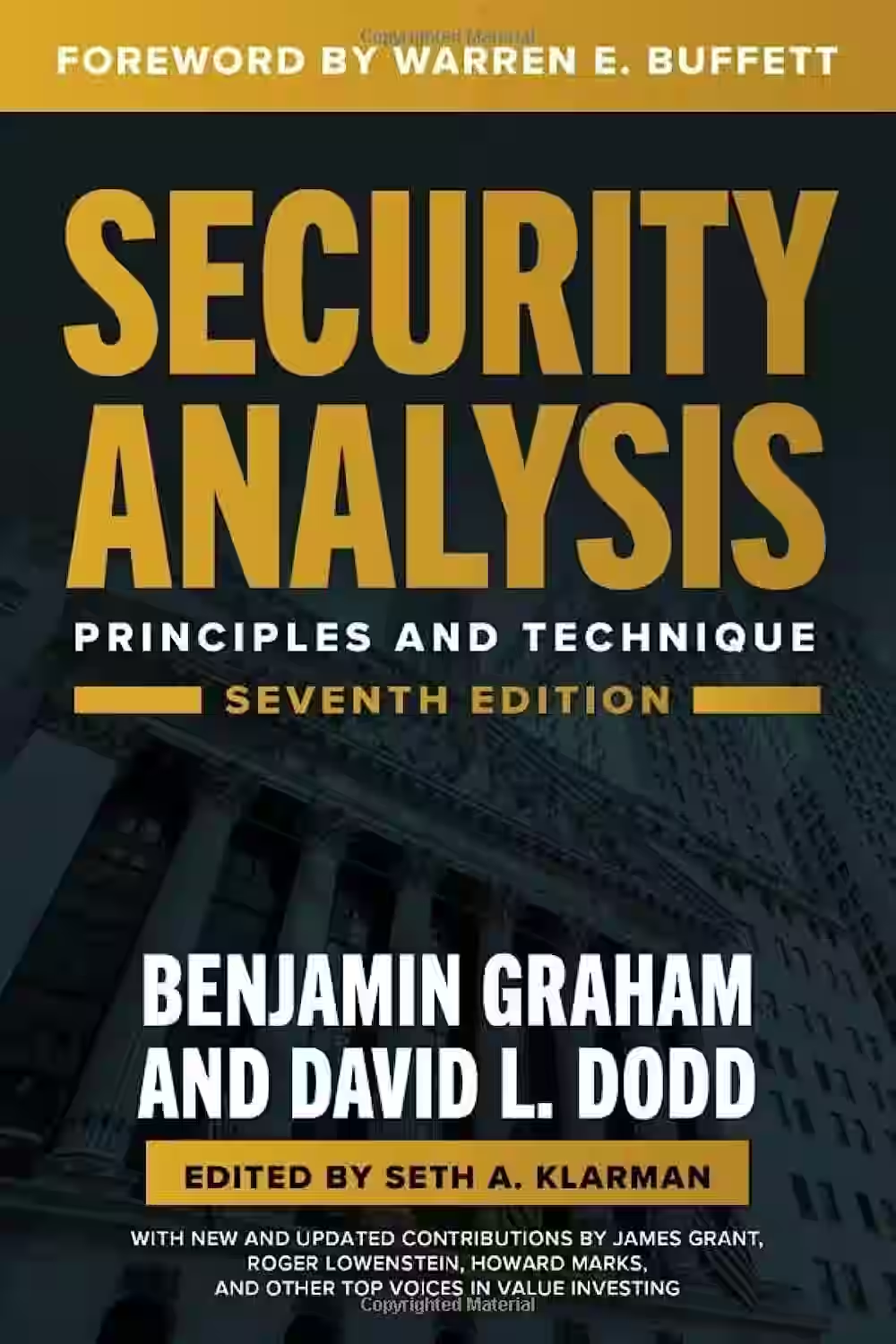
Security Analysis
by Benjamin Graham, David Dodd
In 'Security Analysis,' Benjamin Graham revolutionized the world of investment by introducing the concept of value investing, emphasizing the importance of thorough research and analysis before making investment decisions. Graham's timeless wisdom on intrinsic value, margin of safety, and market fluctuations continues to influence investors worldwide. The book provides a comprehensive guide to understanding financial statements, evaluating stocks, and building a successful investment strategy. With real-life examples and practical advice, 'Security Analysis' equips readers with the tools to navigate the complexities of the stock market and make informed choices. A must-read for both novice and seasoned investors.
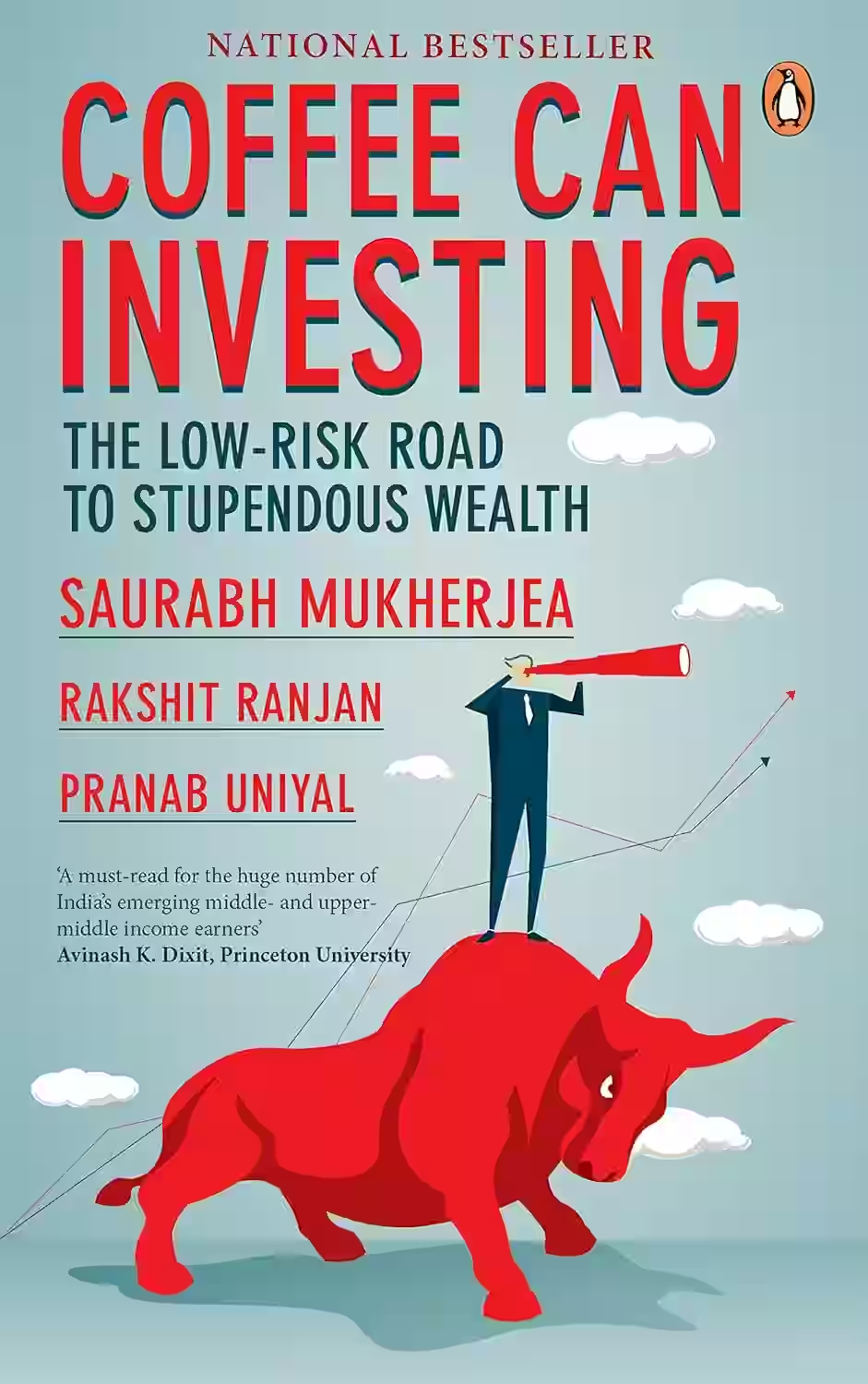
Coffee Can Investing: The Low Risk Road to Stupendous Wealth
In 'Coffee Can Investing: The Low Risk Road to Stupendous Wealth,' Saurabh Mukherjea offers a refreshing take on long-term investing strategies. He introduces the concept of 'Coffee Can Portfolio,' emphasizing the importance of selecting high-quality stocks and holding onto them for a significant period. Mukherjea combines practical advice with real-life examples, making complex financial concepts accessible to a wider audience. Readers will appreciate the book's straightforward approach and actionable insights tailored for both novice and experienced investors. With a focus on risk management and wealth creation, 'Coffee Can Investing' serves as a valuable guide for individuals looking to navigate the world of investing more effectively.
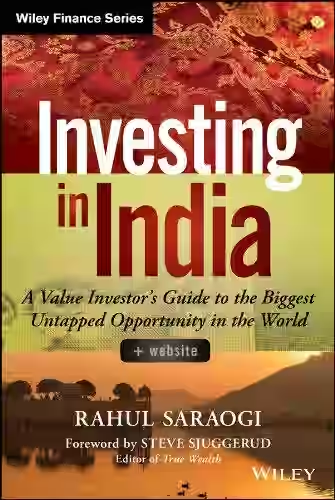
Investing in India: A Value Investor's Guide to the Biggest Untapped Opportunity in the World
Investing in India: A Value Investor's Guide to the Biggest Untapped Opportunity in the World by Rahul Saraogi is a comprehensive book that delves into the intricacies of investing in one of the fastest-growing economies. Saraogi combines his expertise as a seasoned investor with a deep understanding of the Indian market to provide readers with valuable insights and practical advice. The book covers topics such as market analysis, risk management, and identifying undervalued opportunities in the Indian stock market. It offers a well-rounded perspective on the potential for growth in India and equips investors with the tools needed to navigate this lucrative yet complex market.
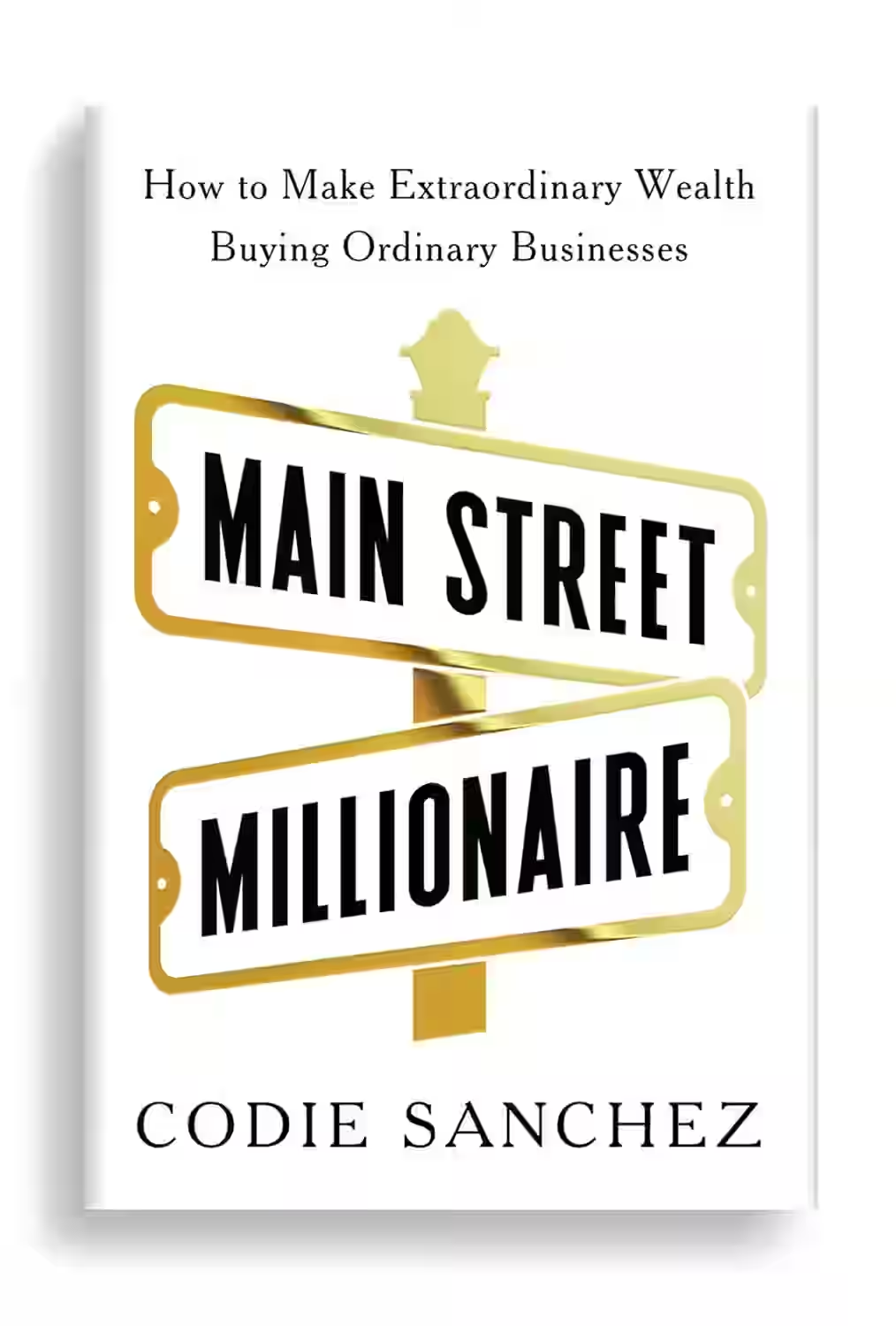
Main Street Millionaire
Main Street Millionaire provides a practical guide to building wealth through entrepreneurship and smart financial decisions, focusing on creating sustainable businesses rather than get-rich-quick schemes. The book emphasizes identifying opportunities in everyday life and developing a mindset for long-term financial success and independence.
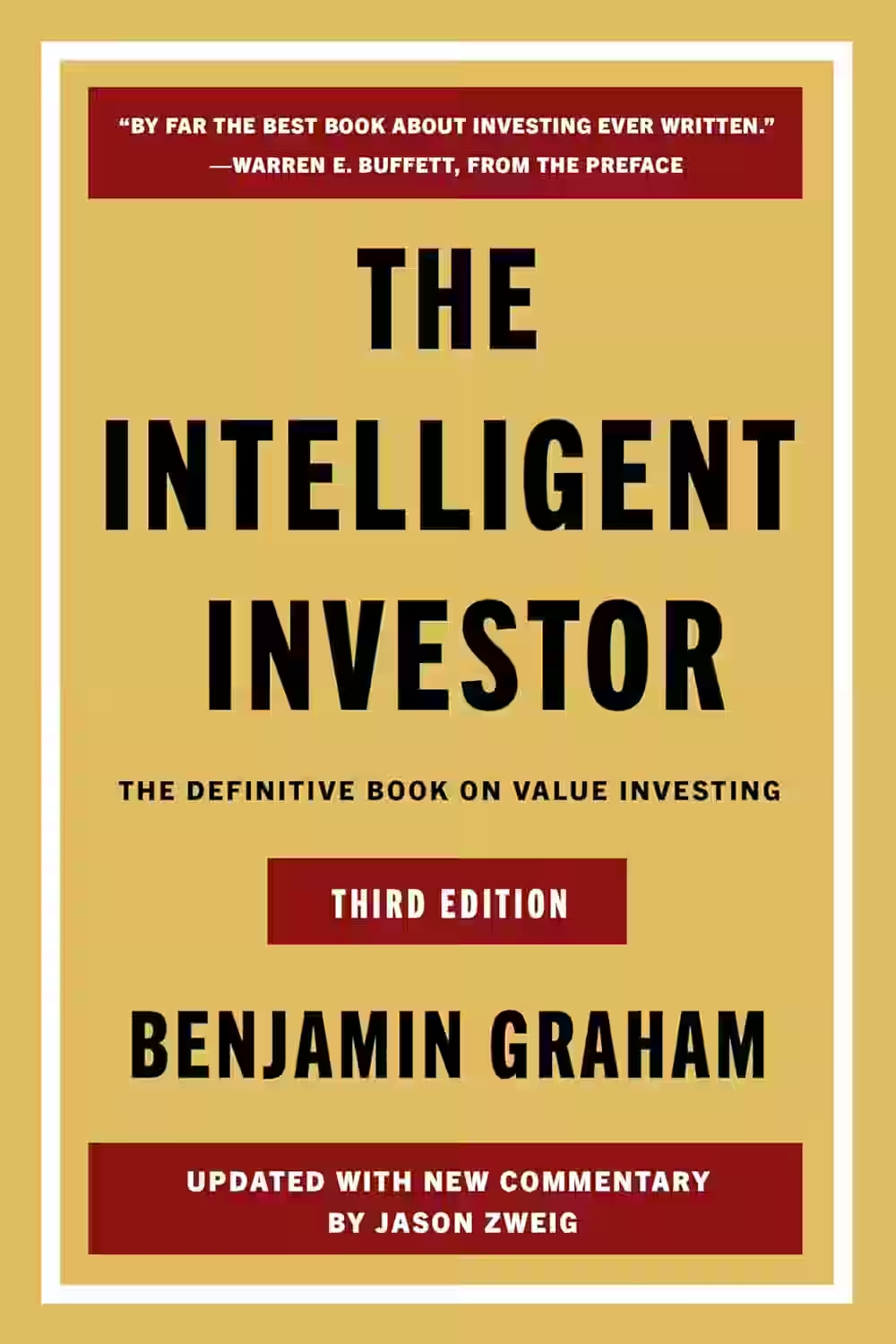
The Intelligent Investor
First published in 1949, The Intelligent Investor by Benjamin Graham is a foundational text on value investing and long-term financial strategy. Graham, known as the father of value investing, teaches readers how to analyze stocks with a focus on intrinsic value, margin of safety, and disciplined decision-making. The book distinguishes between “investing” and “speculating,” urging caution, patience, and rational thinking. With commentary by Jason Zweig in modern editions, the book remains a timeless guide for both novice and experienced investors. Its core message—that emotional control and sound principles are key to investment success—has influenced generations, including Warren Buffett.

Cashflow Quadrant
In 'Cashflow Quadrant', Robert T. Kiyosaki delves into the world of financial independence through the lens of four quadrants - Employee, Self-Employed, Business Owner, and Investor. Through insightful anecdotes and practical advice, Kiyosaki emphasizes the importance of moving from the left side of the quadrant (Employee and Self-Employed) to the right side (Business Owner and Investor) to achieve true wealth and financial freedom. He highlights the mindset shifts and financial strategies needed to transition between quadrants, encouraging readers to rethink their approach to money and work. This book serves as a roadmap for those seeking to break free from traditional employment and create sustainable wealth.
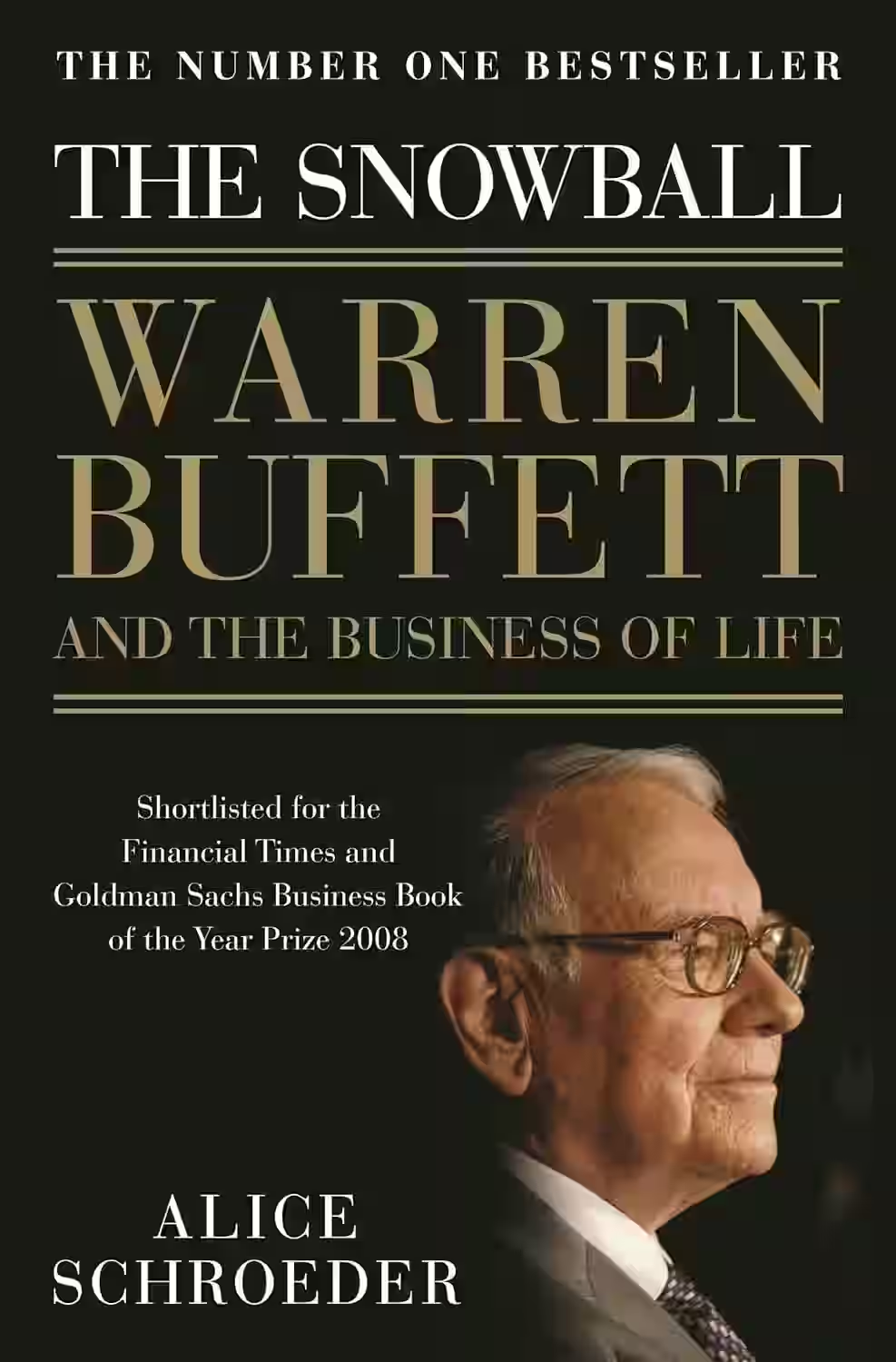
The Snowball: Warren Buffett and the Business of Life
In 'The Snowball: Warren Buffett and the Business of Life,' Alice Schroeder delves into the life of one of the most successful investors of all time, Warren Buffett. The book provides readers with a comprehensive look at Buffett's personal and professional journey, exploring his investment strategies, business decisions, and the principles that have guided his success. By chronicling Buffett's life from his early days to his rise as a billionaire, Schroeder offers valuable insights into the mindset of this legendary figure and the lessons that can be learned from his experiences. 'The Snowball' is a compelling biography that sheds light on the man behind the wealth.

Cashing in on the American Dream
In 'Cashing in on the American Dream' by Paul Terhorst, the author challenges the conventional idea of working endlessly to retire comfortably in old age. Terhorst encourages readers to question the prevailing norms of the American Dream and instead opt for a simpler, more fulfilling life by retiring early. Through personal anecdotes and practical financial advice, Terhorst presents a roadmap for achieving financial independence and living life on one's own terms. The book delves into themes of frugality, minimalism, and mindful spending, emphasizing the importance of valuing experiences over material possessions. 'Cashing in on the American Dream' inspires readers to reassess their priorities and strive for a more meaningful existence.
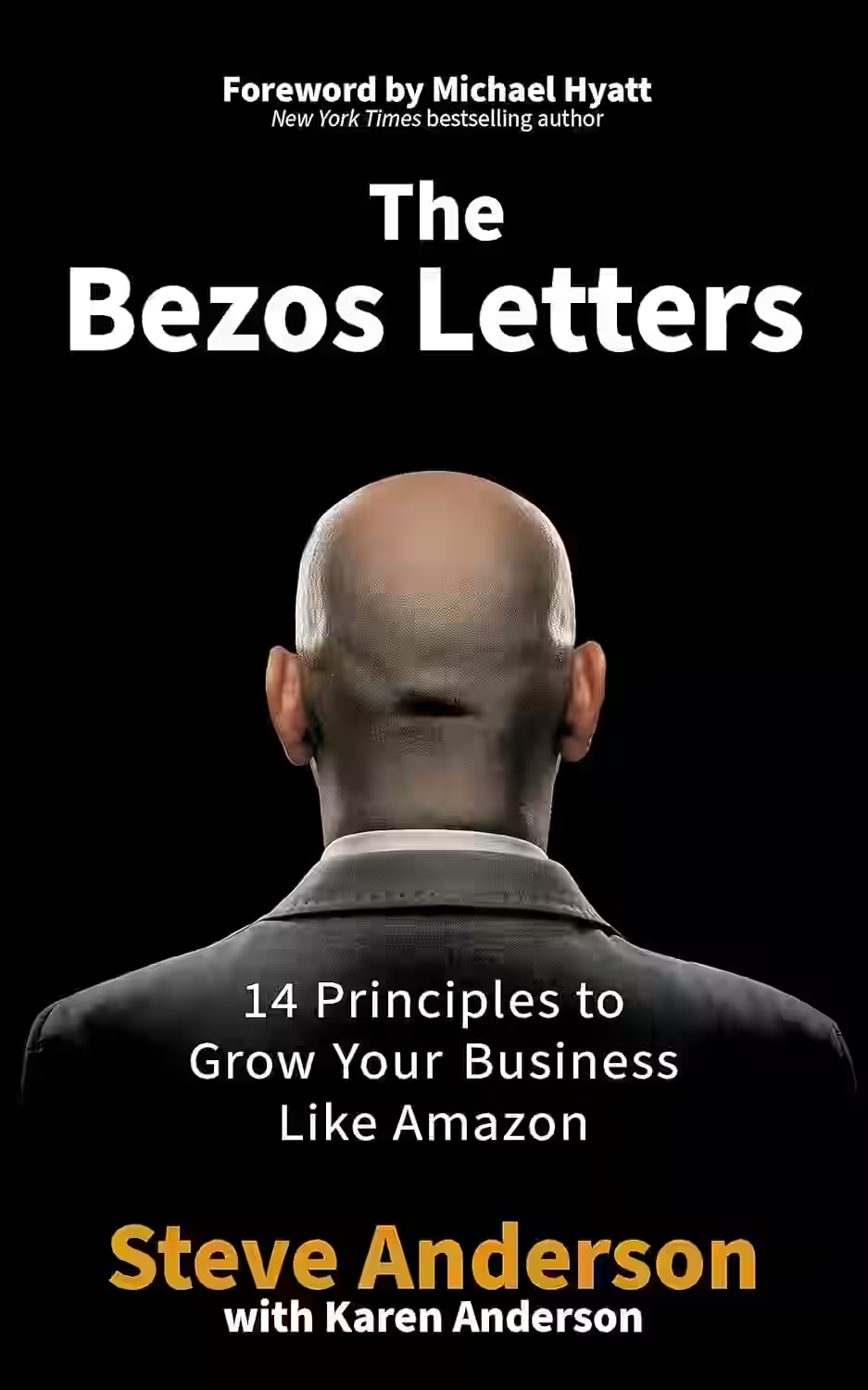
The Bezos Letters: 14 Principles to Grow Your Business Like Amazon
In 'The Bezos Letters: 14 Principles to Grow Your Business Like Amazon' by Steve Anderson, readers delve into the core principles that propelled Amazon to incredible success. The book breaks down Jeff Bezos' annual letters to shareholders over the years, revealing essential business strategies such as customer obsession, embracing failure, and long-term thinking. Anderson expertly distills these principles, providing valuable insights and actionable advice for entrepreneurs and business leaders looking to emulate Amazon's achievements. Through a combination of analysis and real-world examples, this book offers a compelling roadmap for growth and innovation in today's competitive market.
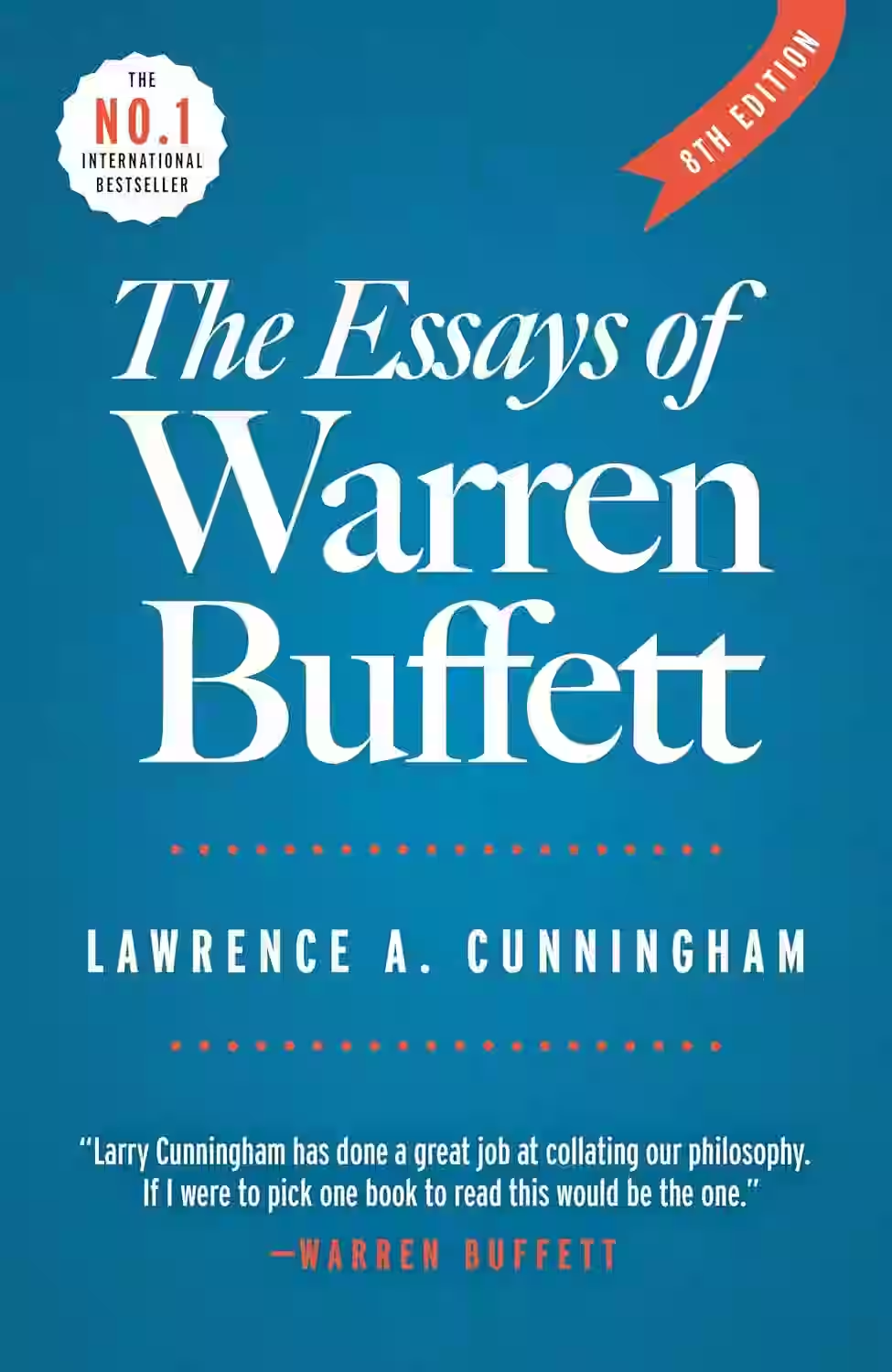
The Essays of Warren Buffett by Warren Buffett
by Warren Buffett, Lawrence Cunningham
In 'The Essays of Warren Buffett,' readers are granted a rare glimpse into the mind of one of the most successful investors of our time. Through a collection of Buffett's insightful essays, the book delves into the fundamental principles that have guided his investment strategies and contributed to his immense wealth. Covering topics such as business valuation, corporate governance, and market behavior, Buffett offers practical wisdom and timeless advice for both seasoned investors and those new to the world of finance. His straightforward approach and emphasis on long-term thinking make this book a must-read for anyone interested in mastering the art of investing.

You Are a Badass at Making Money
by Jen Sincero
In 'You Are a Badass at Making Money,' Jen Sincero delivers a refreshing take on personal finance, blending humor and practical advice to empower readers to break through their money struggles and embrace a mindset of abundance. Through personal anecdotes and actionable tips, Sincero challenges common beliefs about wealth and guides readers to identify and overcome their limiting beliefs around money. She emphasizes the importance of taking risks, following your passions, and viewing money as a tool for living a fulfilling life. This book is a motivational kick in the pants for those looking to revamp their relationship with money and step into their financial potential.
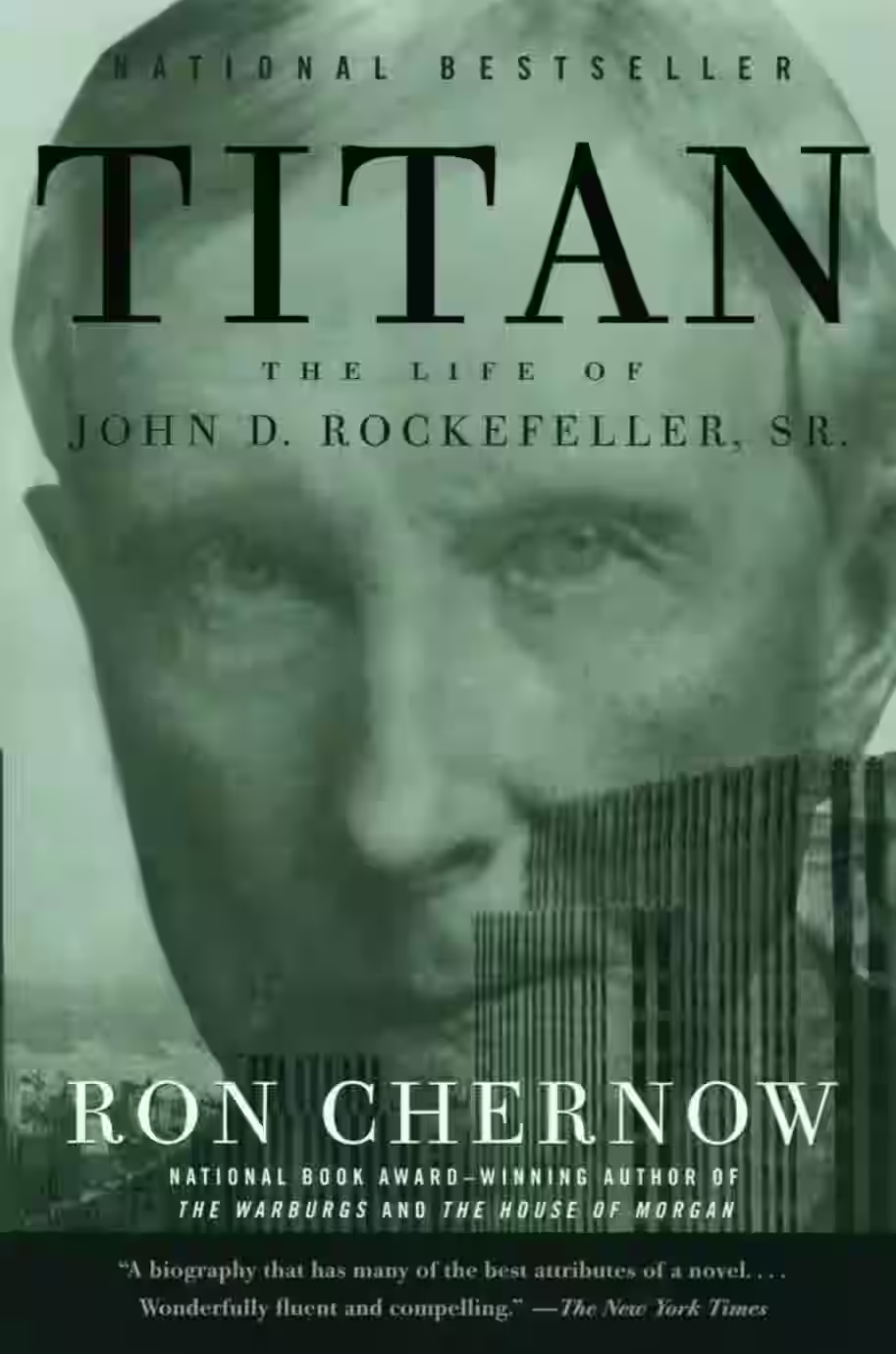
Titan: The Life of John D. Rockefeller, Sr.
by Ron Chernow
In 'Titan: The Life of John D. Rockefeller, Sr.,' Ron Chernow delves into the compelling and controversial life of one of America's most influential figures. Through meticulous research and captivating storytelling, Chernow explores Rockefeller's rise to power in the oil industry, his ruthless business tactics, and his complex personal life. The book sheds light on the industrialization of America, the impact of monopolies, and the ethical dilemmas faced by a titan of industry. Chernow's narrative skillfully navigates through Rockefeller's triumphs and controversies, offering a nuanced portrait of a man both revered and reviled in equal measure.